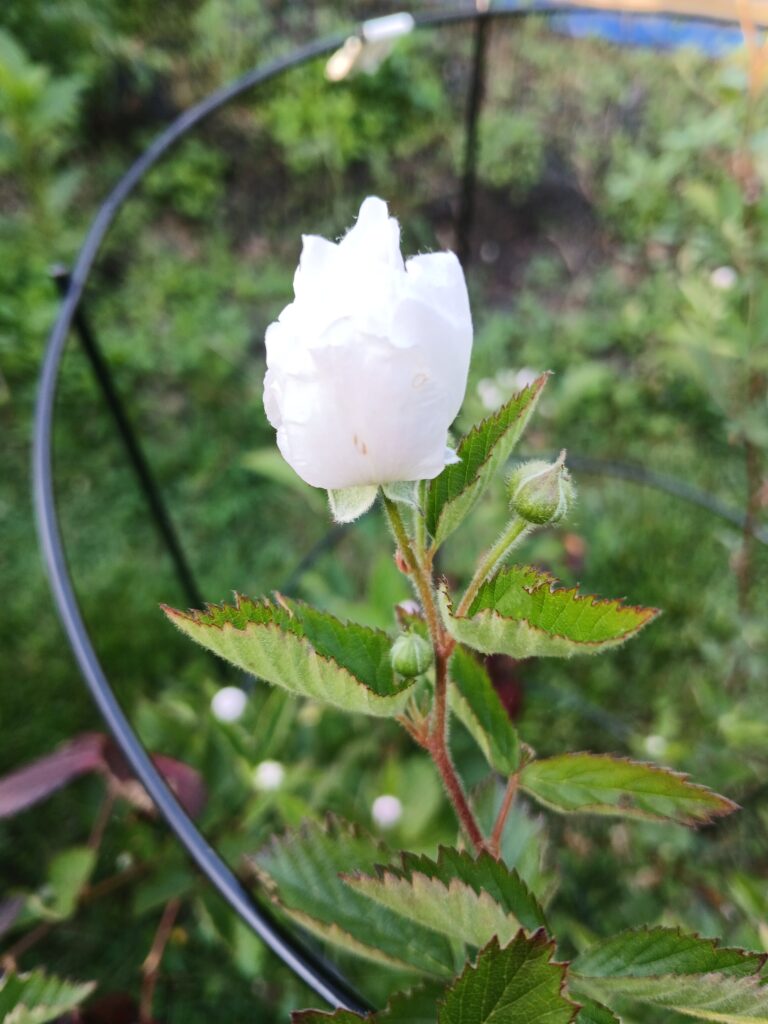
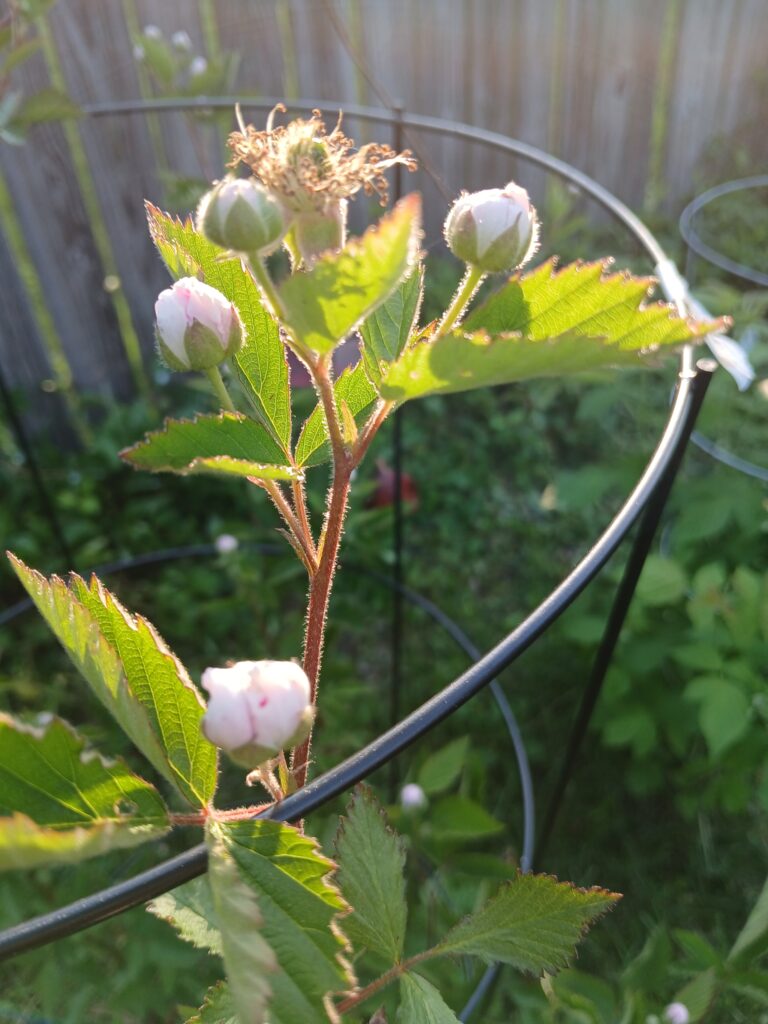
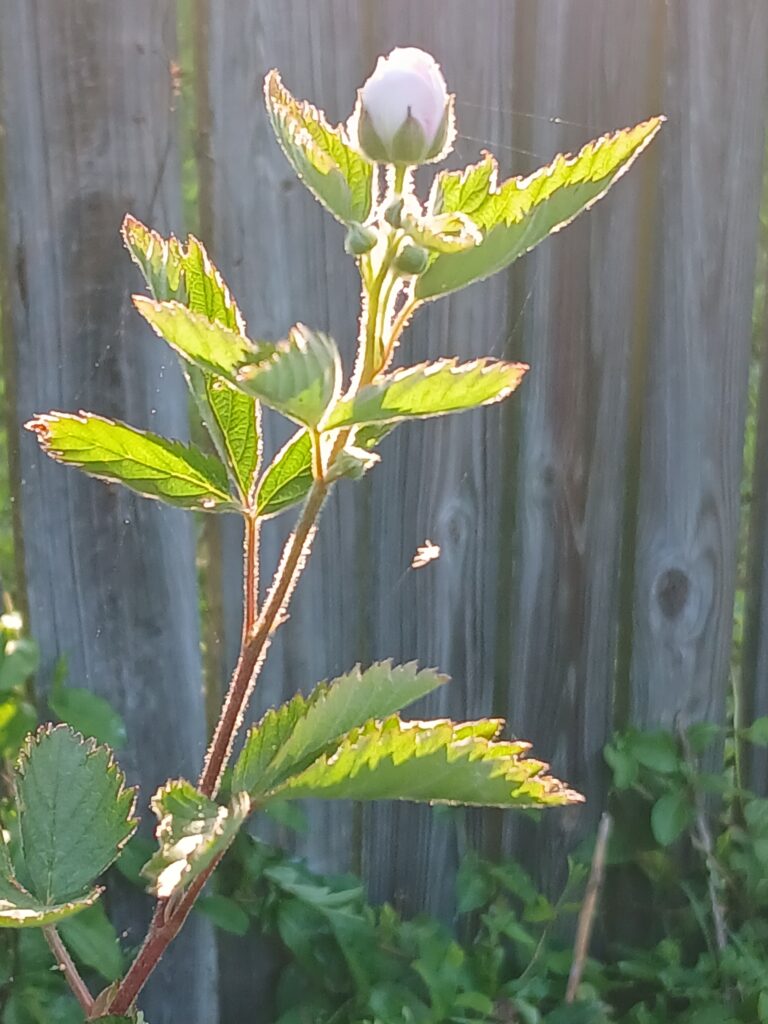
Garden flowers serve crucial ecological purposes by attracting beneficial insects. These insects, such as bees, butterflies, and ladybugs, play vital roles in pollination and pest control, ensuring the garden remains healthy and productive.
Flowers help maintain the balance in a garden ecosystem. By attracting pollinators and predatory insects, they contribute to a natural pest control system. This reduces the need for chemical pesticides, promoting a more sustainable and eco-friendly gardening practice.
Beyond their ecological functions, flowers are inherently attractive. Their vibrant colors, varied shapes, and pleasing fragrances add visual and sensory appeal to any garden.
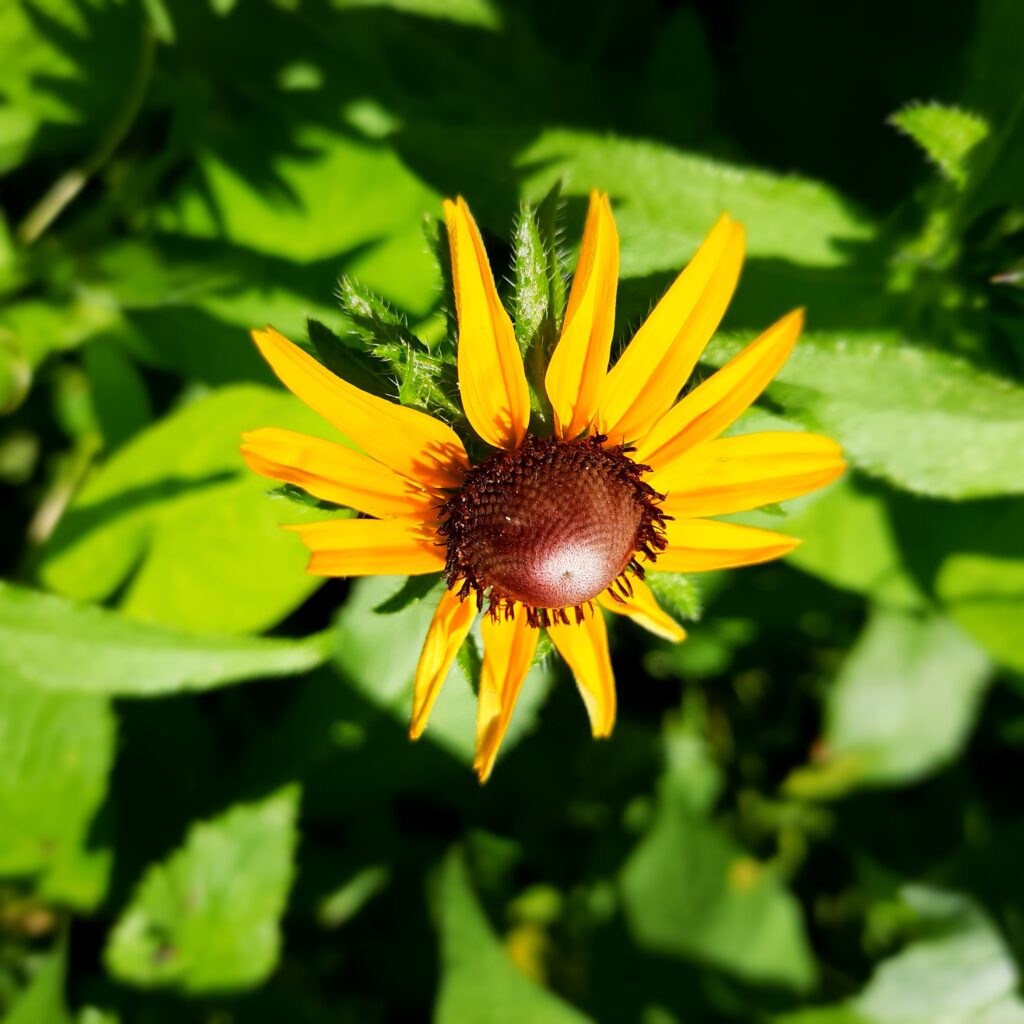
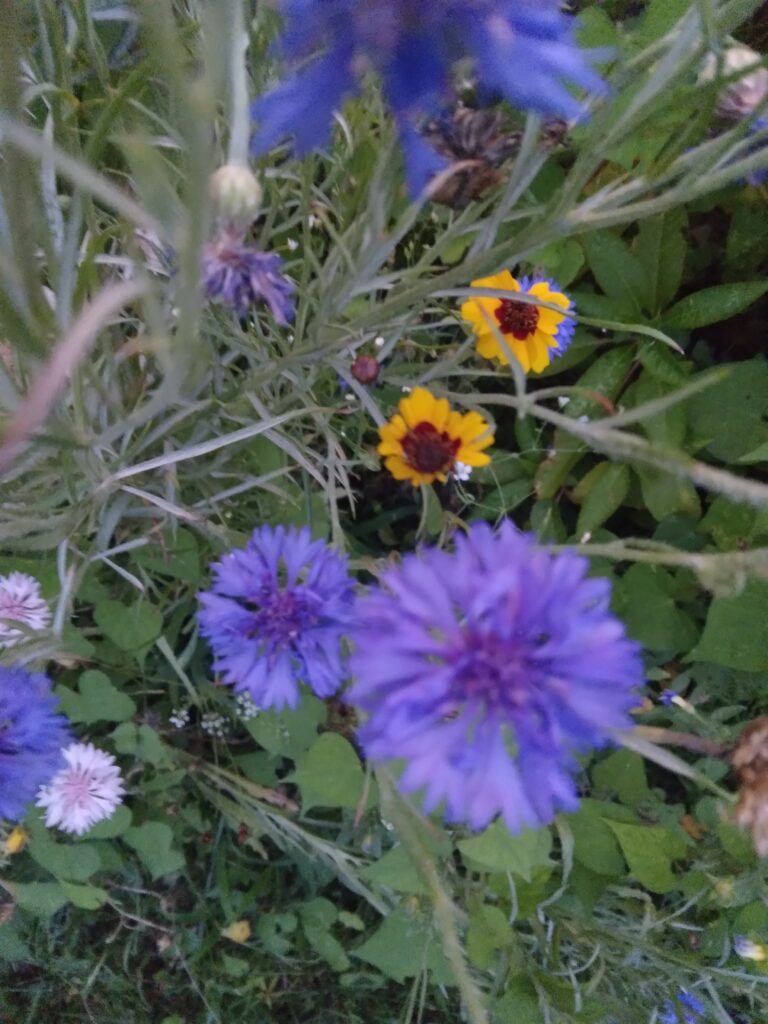
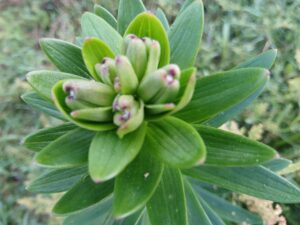
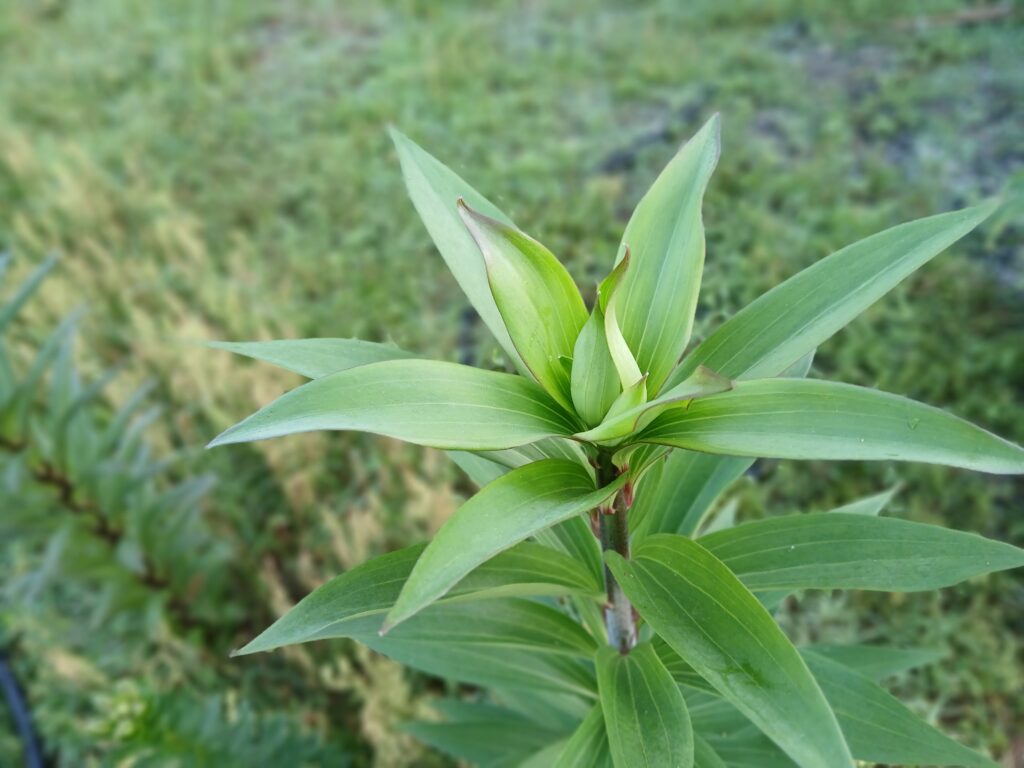
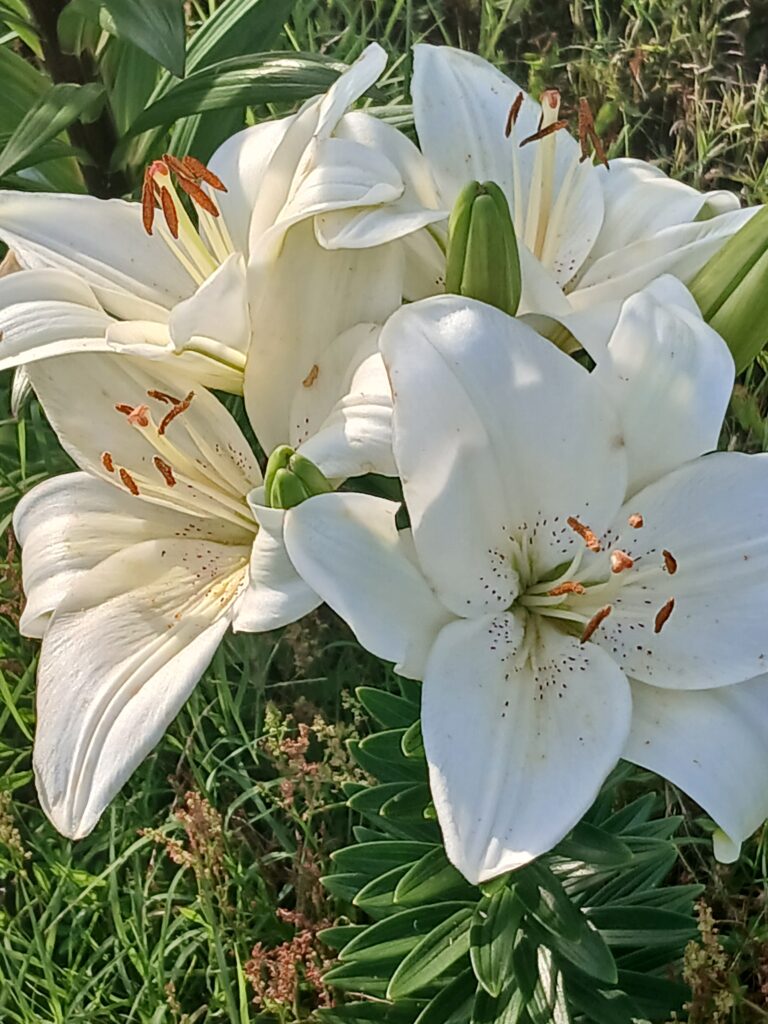
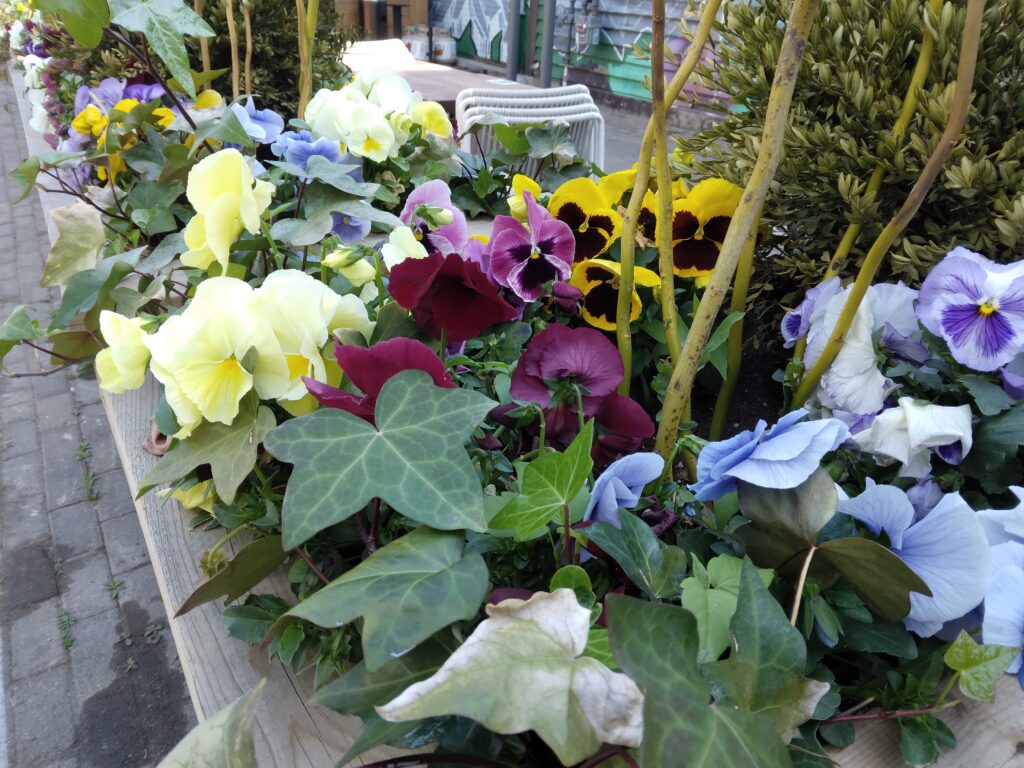
The beauty of garden flowers has a profound impact on a person’s wellness experience. Walking through a garden filled with blooming flowers can evoke feelings of peace, joy, and relaxation.
Gardens adorned with beautiful flowers can motivate people to spend more time outdoors. For those who engage in gardening, the presence of flowers adds to the therapeutic experience. Planting, nurturing, and watching flowers bloom can be a meditative process, providing a sense of accomplishment and connection to the earth.
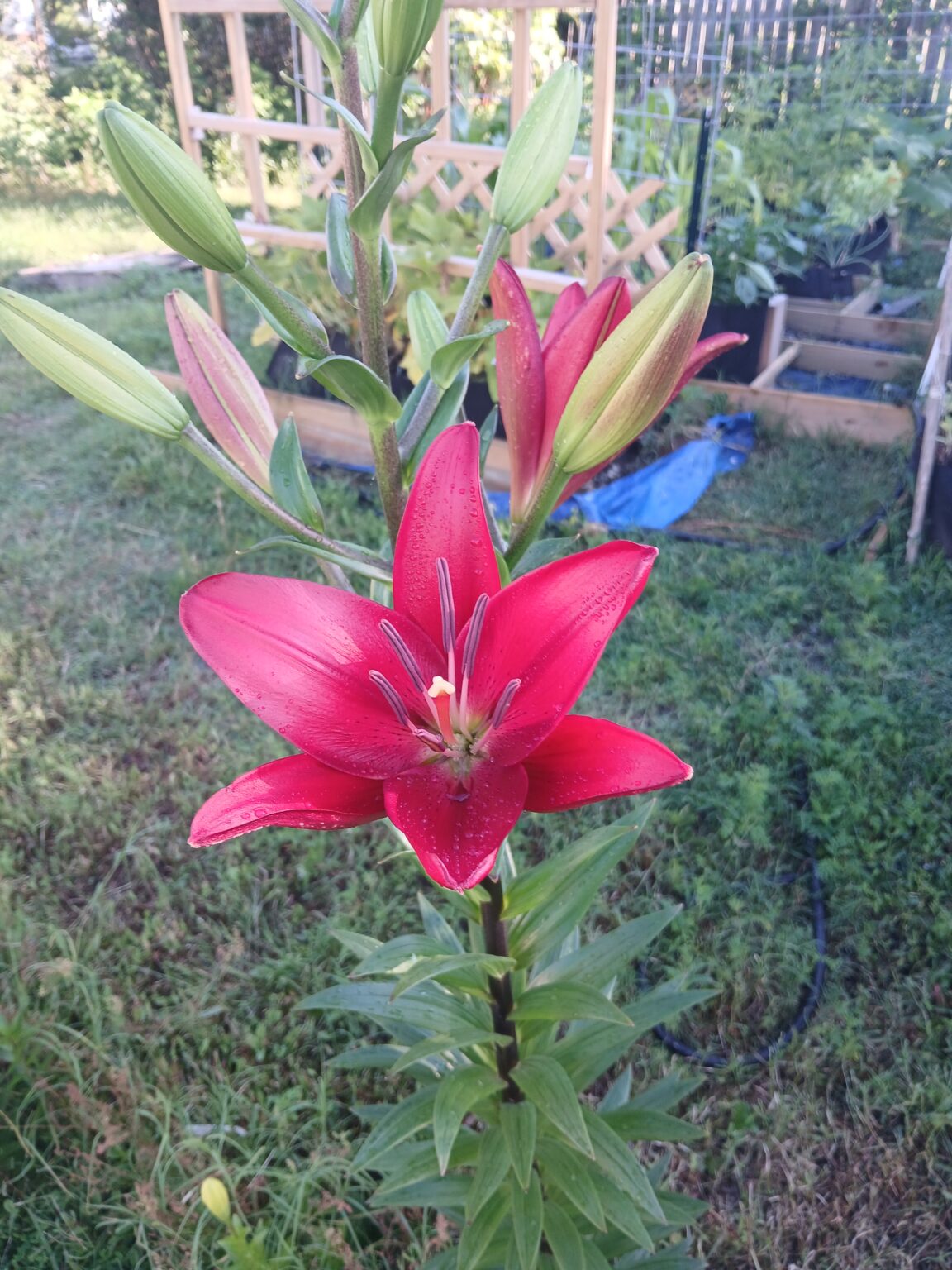
Flowers often carry cultural and symbolic meanings, enriching the garden’s significance. Different flowers can symbolize various emotions and values, from love and friendship to hope and remembrance.